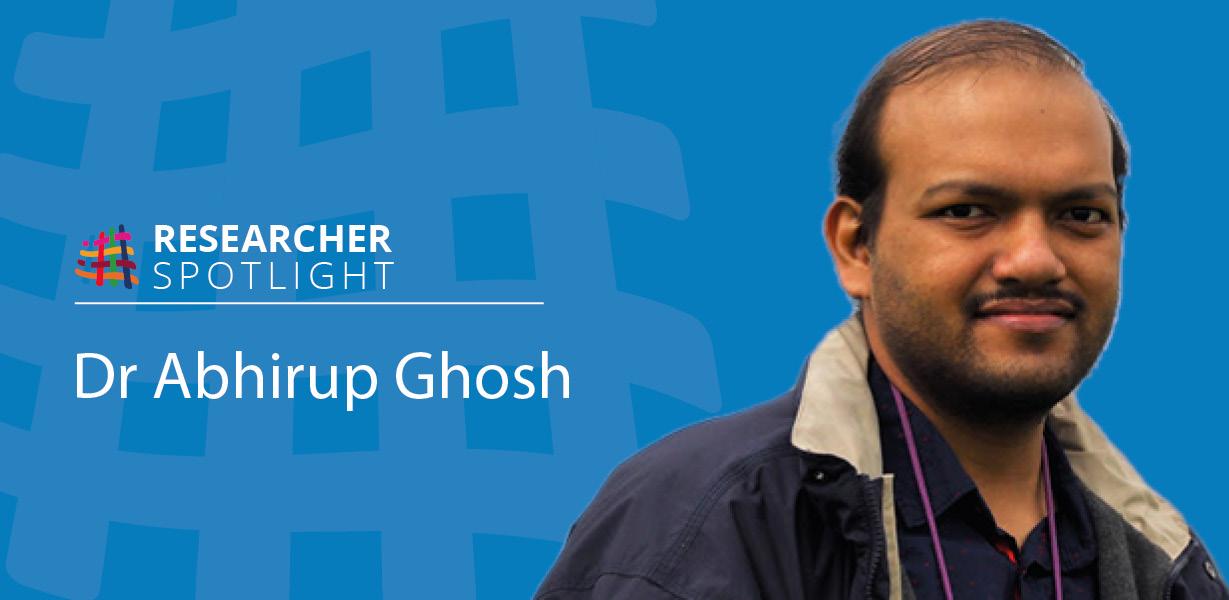
Abhirup Ghosh is an Assistant Professor at the School of Computing, University of Birmingham and a visiting Researcher at the Department of Computer Science and Technology, University of Cambridge. His research interests are in Health Data Science and Machine Learning with a focus on improving health diagnostics and screening at the population level.
What is your research about?
The overarching goal of my research is to enable and improve health diagnostic and screening at population level using machine learning on the data acquired by mobile and wearable devices. These devices are widespread in the population and can continuously record health signals at a low cost which make them suitable for such applications.
From a technical perspective, I am interested in distributed machine learning methods, and I deeply care about health applications.
What are you working on now?
I am interested in learning abstract knowledge from the sensing data recorded in so-called smart end devices, for example mobile phones and wearables. My current focus is on building systems to collaboratively learn about end devices in a resource efficient and privacy preserving way, in the light of Federated Learning and fully distributed Gossip Learning. From an application perspective, I am interested in early detection of Alzheimer’s Disease (AD) using sensing data recorded from wearables.
I am excited when a contribution makes a difference in the society. Wearable-based health monitoring and screening has an immense potential to make a positive impact on population health due to its ability to carry out low-cost passive sensing and enable remote diagnosis and support.
Why is this topic important?
Wearable devices and their role in improving health have been well studied in recent years. However, new advancements in on-device computing have opened an exciting avenue where privacy-sensitive sensing data does not need to leave personal devices, but can still be used to build an aggregated knowledge base from all the people in the system. This design will increase the amount of data accessible to the machine learning methods which, in turn, will improve their accuracy. This development has the potential to become a game changer across a range of applications, including helping health professionals to make informed decisions through passive health monitoring to reduce the diagnostic load at health services.
What do you hope will be the impact of your research?
Some of the major computing challenges in this direction are to enable accurate, efficient, and private machine learning methods in resource constraint devices. My goal is to work on solving these challenges and at the same time work with interdisciplinary researchers, policy makers, and health professionals to gather more in-depth requirements and domain specific knowledge to incorporate them in the learning system.
Where can we find out more about your research?
I am an Assistant Professor at the School of Computing, University of Birmingham and a Visiting Researcher at the Department of Computer Science and Technology, University of Cambridge.
At the University of Cambridge I am a member of the Mobile Systems Research lab which concentrates on aspects related to the efficient and effective use of mobile and wearable systems to understand human behaviour and mobile health.
Further information about my work, including publications, is available on my webpage here.

